Carabrone
Carabrone is a natural sesquiterpene with anti-inflammatory, antioxidant, and potential antimicrobial properties, found in certain plants, and being researched for applications in pharmaceuticals, dietary supplements, and traditional medicine.
Overview:
Carabrone is a naturally occurring sesquiterpene compound found in certain plant species, including those belonging to the carrot family. It has garnered interest for its array of pharmacological properties, particularly its anti-inflammatory, antioxidant, and potential antimicrobial activities. The compound’s unique structure allows it to interact with various biological pathways, suggesting its utility in developing natural therapeutic agents for a range of conditions.
Carabrone Key Features:
– Anti-inflammatory Properties: Demonstrates the ability to reduce inflammation, making it a candidate for treating inflammatory diseases.
– Antioxidant Activity: Scavenges free radicals, protecting cells from oxidative stress and damage.
– Potential Antimicrobial Effects: Preliminary studies suggest it may inhibit the growth of certain bacteria and fungi.
– Natural Origin: Sourced from specific plants, highlighting its potential as a natural alternative to synthetic drugs.
Carabrone Applications:
– Pharmaceutical Development: Investigated for its potential in creating new treatments for conditions related to inflammation and oxidative stress.
– Dietary Supplements: These could be included in supplements aimed at enhancing overall health through their antioxidant properties.
– Natural Remedies: Utilized in traditional medicine formulations for its health-promoting benefits.
Carabrone Functions:
– Modulating Inflammatory Responses: Acts to alleviate inflammation in the body, potentially benefiting conditions like arthritis and other chronic inflammatory diseases.
– Protecting Against Oxidative Damage: Helps maintain cellular health by neutralizing harmful free radicals.
– Inhibiting Microbial Growth: Explored for its ability to combat infections by preventing the growth of certain pathogens.
Details
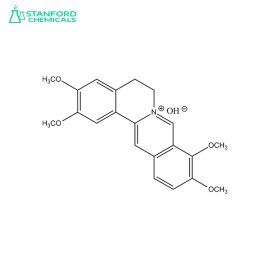
| Available Sizes | 30 capsules, 60 capsules, 90 capsules |
|---|---|
| Key Ingredient | High-quality, pure Palmatine extract |
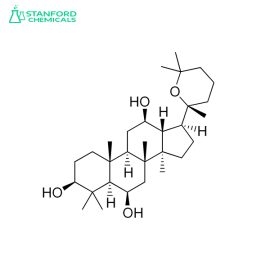
| Available Sizes | 30 capsules, 60 capsules, 90 capsules |
|---|---|
| Key Ingredient | High-quality, pure Panaxatriol extract |
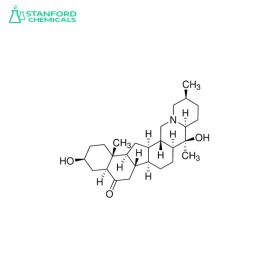
| Available Sizes | 30 capsules, 60 capsules, 120 capsules |
|---|---|
| Key Ingredient | High-quality Peiminine extracted from the finest Fritillaria bulbs |
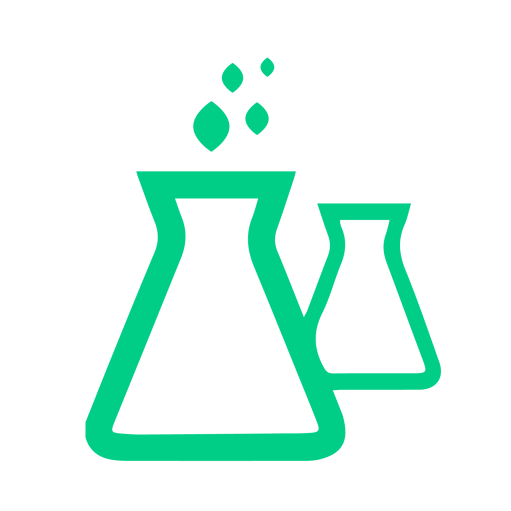
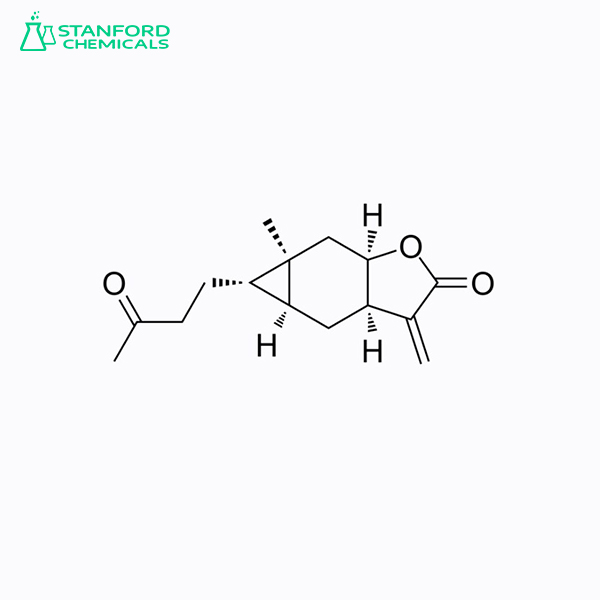
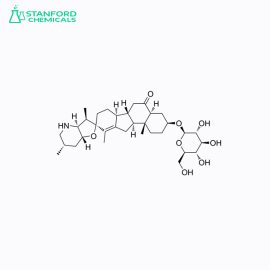
Reviews
There are no reviews yet.